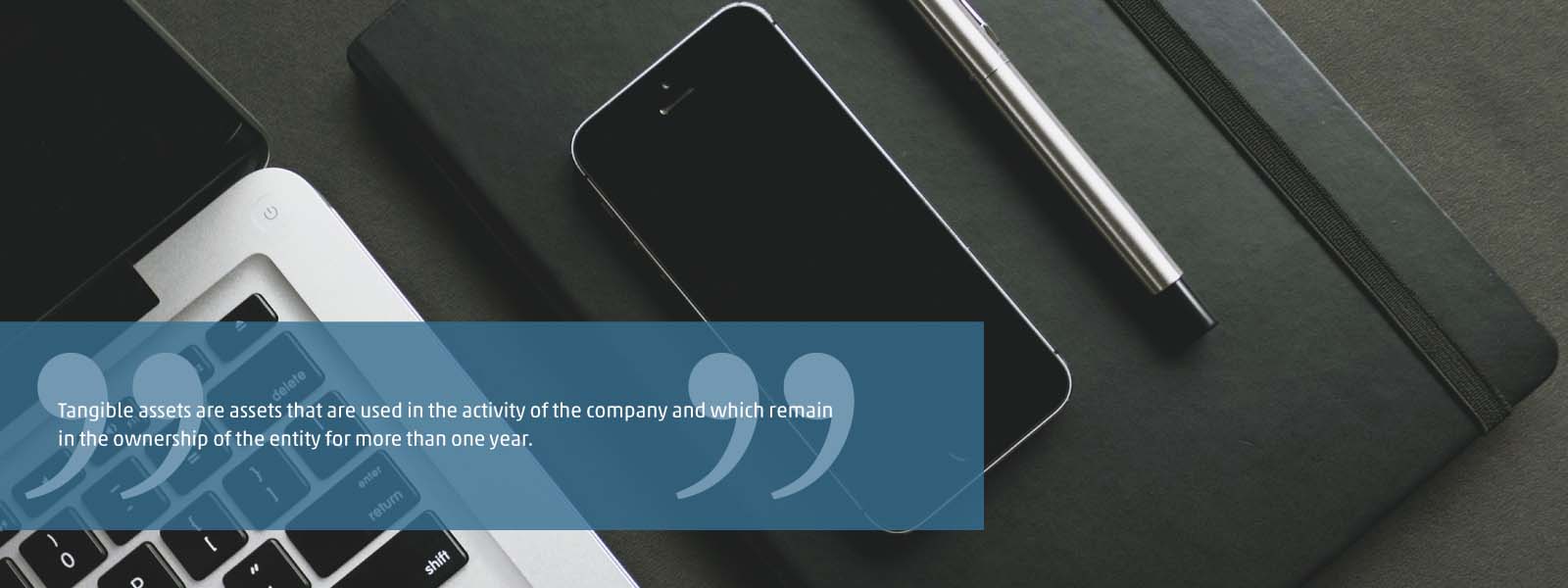Countless different purchases and sales of services, products and assets take place in the life of a company. These purchases must all be treated differently in the company’s books, so that they are always in line with the law and follow the latest changes. This article summarises what to look out for in Hungary when it comes to tangible assets.
What is a tangible asset?
Tangible assets are assets that are used directly or indirectly in the activity of the company and which remain in the ownership of the entity for more than one year. Unlike other purchases, they are not entered directly into the accounts as costs, but as capital expenditure. A special case of acquiring tangible assets is when the company uses an allocated development reserve to make the purchase; a previous article dealt with this in detail. The asset is capitalised when it is actually put into use, and the asset depreciation starts from that date, at which point the cost is entered in the books.
Asset depreciation
The Act on Accounting requires that the cost of a tangible asset less the residual value expected at the end of its useful life is allocated over the years the asset is expected to be used. The given asset is therefore entered into the books as a cost spread over these years. The exception to this rule are low-value tangible assets with an individual value of less than HUF 200,000. These can be accounted for as a lump sum when they are put to use. In addition, there may be cases where extraordinary depreciation needs to be recorded on an asset because its carrying amount is significantly higher on a prolonged basis than its market value, or because it becomes surplus, damaged or destroyed.
It is important to emphasise the distinction between depreciation under accounting law and depreciation under tax law. When calculating corporate tax in Hungary, the depreciation rates provided for in the relevant law must be applied to calculate the depreciation that can be used to reduce the tax base, but at the same time, the tax base is raised by the depreciation charged under the Act on Accounting. If the company has chosen to recognise deferred tax, the depreciation difference resulting from the difference between accounting and corporate tax law will also affect the amount of the deferred tax (see example 1 in our article on this topic).
Substantiating tangible assets
The Act on Accounting states that an inventory has to be compiled and kept for the year-end accounting close, the preparation of the annual financial statements and to substantiate balance-sheet items. This inventory includes the assets, equity and liabilities of the company as of the reporting date, in terms of both quantity and value, item by item, in a verifiable manner. If the company keeps continuous records of its tangible assets, it must verify the accuracy of the data by taking an inventory and substantiate it with a stocktake at specified intervals, but at least every three years. If you do not keep quantitative records, you must do this as part of the year-end inventory.
Derecognition of tangible assets
Even if they have been fully depreciated and their value is zero, tangible assets do not disappear from company books in Hungary until they are derecognised. This may happen if the assets are not fit for their intended purpose, or are unusable, destroyed, missing, scrapped or sold. This must always be properly documented: in the case of scrapping for example, the scrapping report is such a document.
If an asset is sold, the difference between the proceeds from the sale and the carrying amount must be examined for accounting purposes. If the income exceeds the carrying amount, the difference between the income from the sale and the carrying amount is recorded as other income. Conversely, the difference is included under other expenses if the carrying amount is higher. In effect, this means the sale should be accounted for on a net basis.
Since tangible assets often support a company’s operations for many years, it is worth taking care from the very beginning to ensure they are treated correctly and recorded in the accounts. The staff at the accounting division of WTS Klient Hungary with over 25 years of experience are ready to help clients with any questions they may have on this topic.











